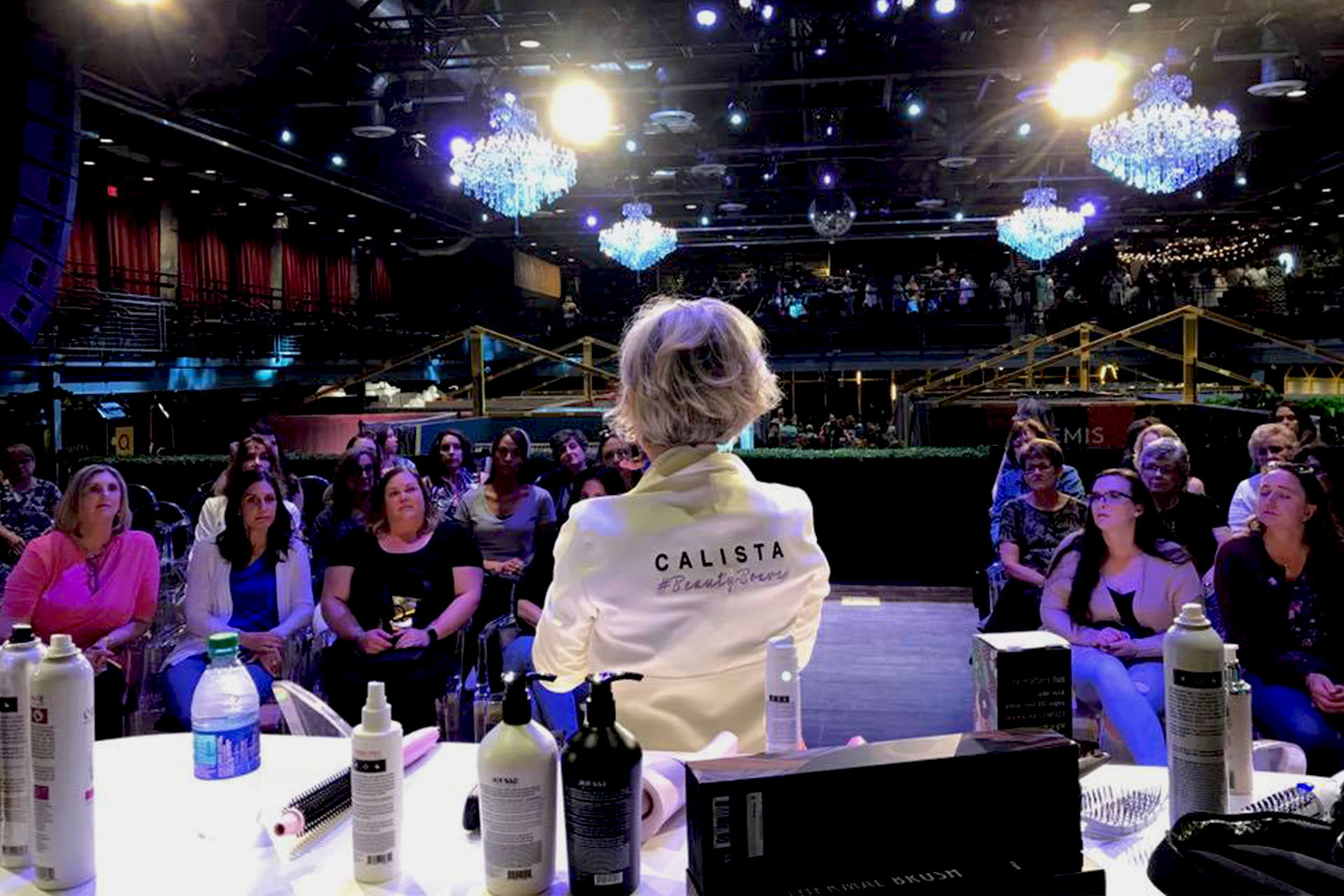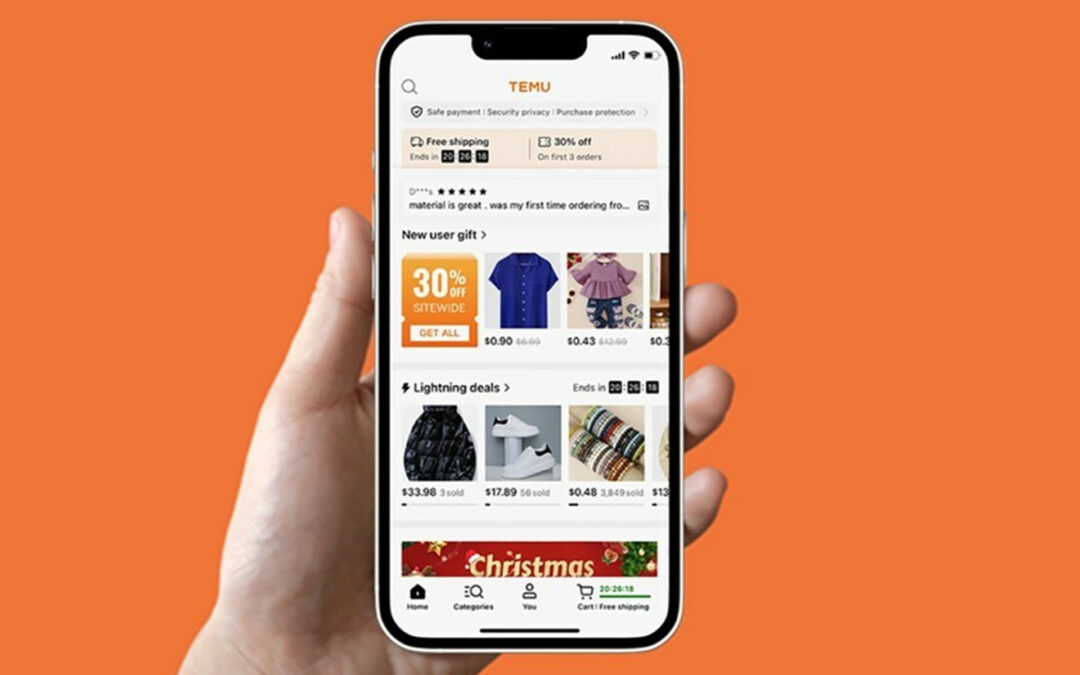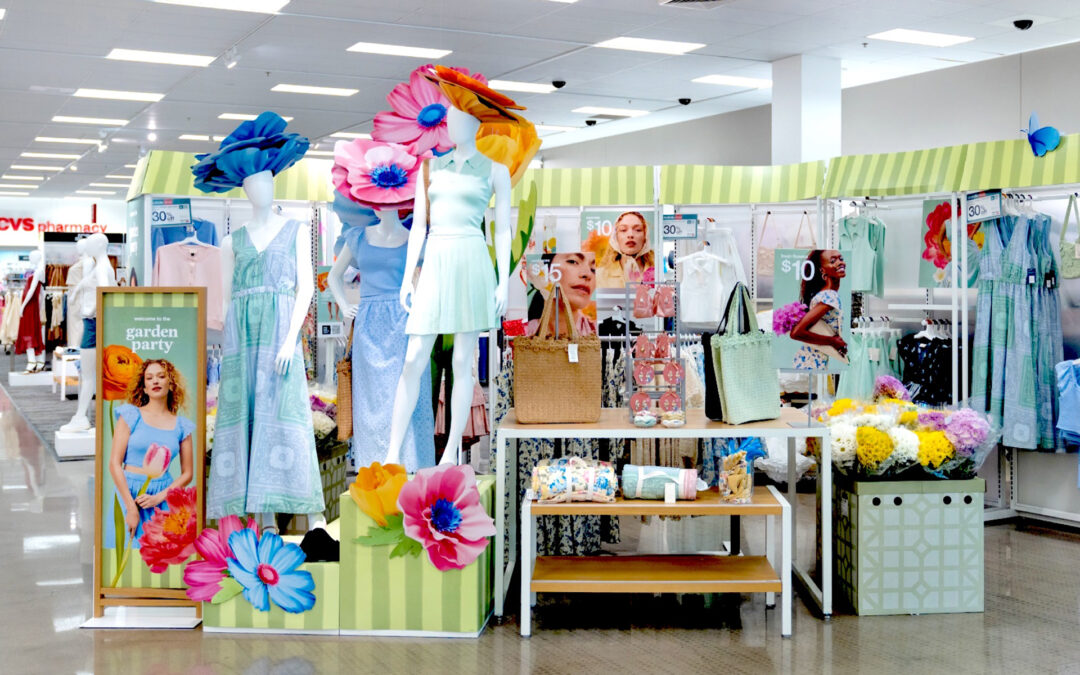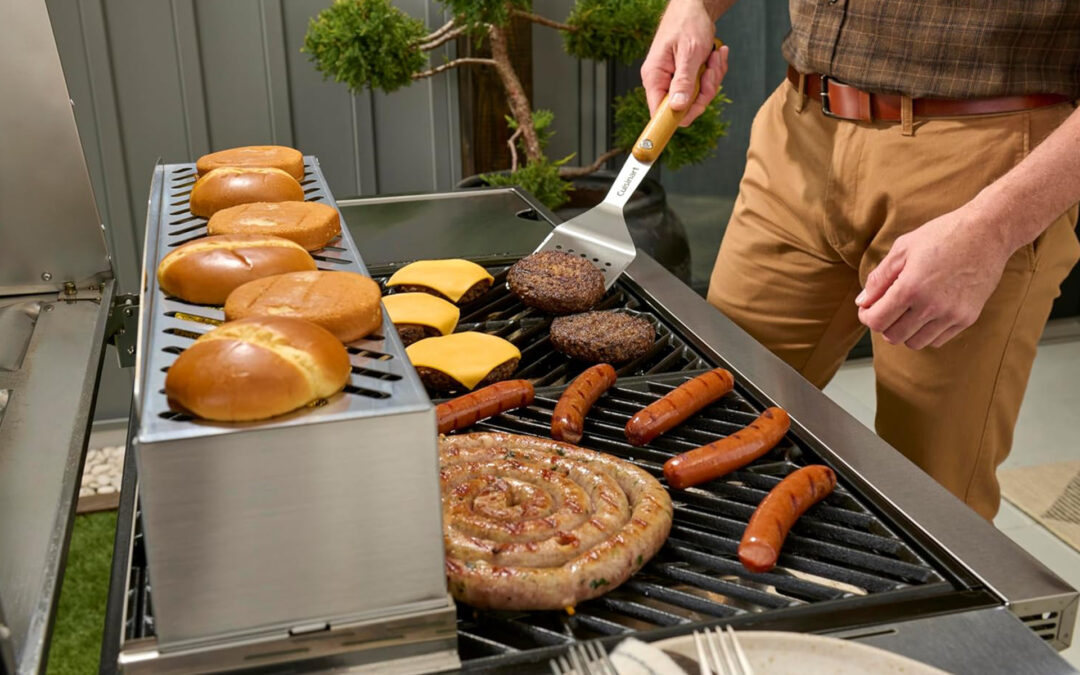Qurate Retail reported the company turnaround plan is taking hold as its first-quarter loss was less than Wall Street expected and sales were more.
Analyst consensus estimates published by Yahoo Finance called for adjusted diluted earnings per share loss of eight cents and income of $2.56 billion.
Total revenues were $2.64 billion versus $2.88 billion in the year-before quarter, the company noted. Operating income was $176 million versus $106 million in the period a year previous. Operating income gained primarily due to comparisons against the $80 million write-down of inventory at the Rocky Mount fulfillment center in the 2022 first quarter as a consequence of the December 2021 fire that occurred there.
First quarter revenue at the QXH segment, including QVC and HFN operations, slipped to $1.6 billion from $1.68 billion in the year-past period, Qurate Retail indicated, while revenue for QVC International decreased to $592 million from $670 million. Revenue for Cornerstone decreased to $259 million from $297 million and that for Zulily decreased to $192 million from $232 million. Operating income was $74 million at QXH versus $42 million versus the 2022 quarter while it was $156 million versus $88 million at QVC International. In the meantime, Cornerstone recorded an operating loss of $2 million versus operating income of $24 million in the 2022 period as Zulily’s operating loss increased to $43 million from $38 million.
In a conference call, David Rawlinson, president and CEO of Qurate Retail, said the company continues working on its turnaround process, leaning on Project Athens initiatives to continue driving the business forward. He maintained that the company had done a better than typical job of getting rid of excess inventory that piled up last year, giving it room to bring in fresh merchandise.
He pointed out that “less sticky” customers who had shopped Qurate websites while COVID-19 kept them at home and who didn’t interact with the company’s video content had not necessarily kept buying as the pandemic effects lessened. He added that Qurate is looking at ways to deal with the current macroeconomic headwinds that have been particularly intense for its core customer.
“In addition, the Rocky Mount fire had a material impact on our customer count, significantly impacting our merchandise assortment, order to delivery times and overall customer satisfaction,” Rawlinson said in the conference call. “Our customers are accustomed to a higher level of service from our brands. Our existing customers generated nearly 90% of sales in the trailing 12 months, New and reactivated customers have significant influence on our customer counts as they represent 46% of total customers yet make up only 10% of our sales. Therefore as we undergo our transition, we have heightened our emphasis on existing customers through merchandising, pricing and programing strategies. We are seeing encouraging results. Existing customers purchased on average 30 items and their spend grew to $1,500 per customer in the 12 months ended March 31. This increase in their spend was important to the moderation in QXH’s revenue decline relative to 2022, and we are actively focused on driving this continued growth. We have several initiatives already underway to retain and reactivate customers. Many of these efforts come from enhancing fundamental execution through Project Athens work streams. Starting with our merchandising strategy, we meaningfully improved the freshness of our merchandise offering, enhanced programming, brought back day of urgency in our TSV offerings and focused on driving higher average sales price.”
TSV is an acronym for Today’s Spacial Value, which shifted to a 24-hour sale rather than running as a format where the company ran pre and post-sales.
In announcing the financial results, Rawlinson said, “In the first quarter, we saw meaningful improvement in revenue trends at our largest businesses, QVC US & QVC International, while performance remained soft at HSN, Cornerstone and Zulily. Our customer file continues to be pressured and while we have multiple efforts underway to re-activate customer groups, we expect the impact of these initiatives to take several quarters. Against this backdrop, we are intensely focused on factors in our control. We are on track with Project Athens and have taken significant cost actions with more underway. We successfully managed towards higher average selling prices through price increases and an elevated merchandise strategy leveraging the improved freshness of our product assortment. In addition, we enhanced programming and improved the performance of our daily specials by returning the urgency of a 24-hour sale.”





